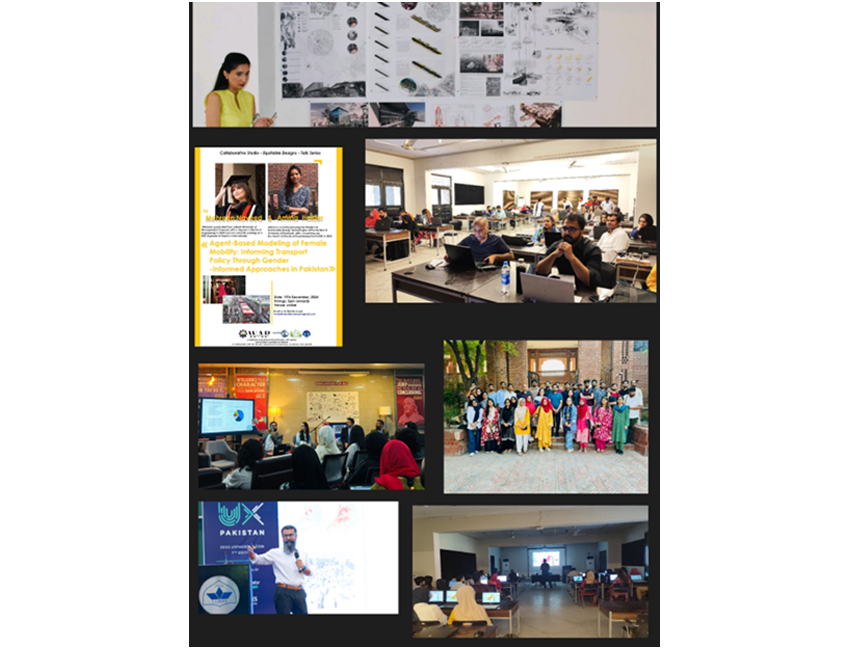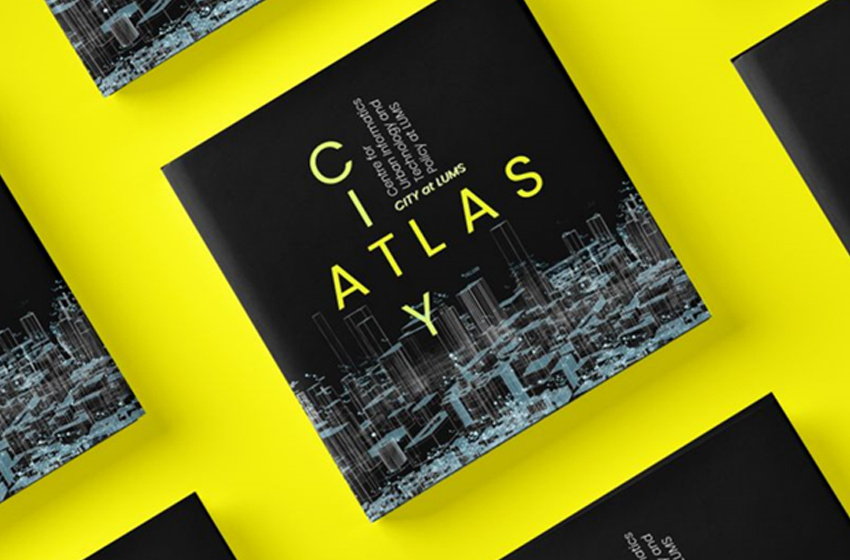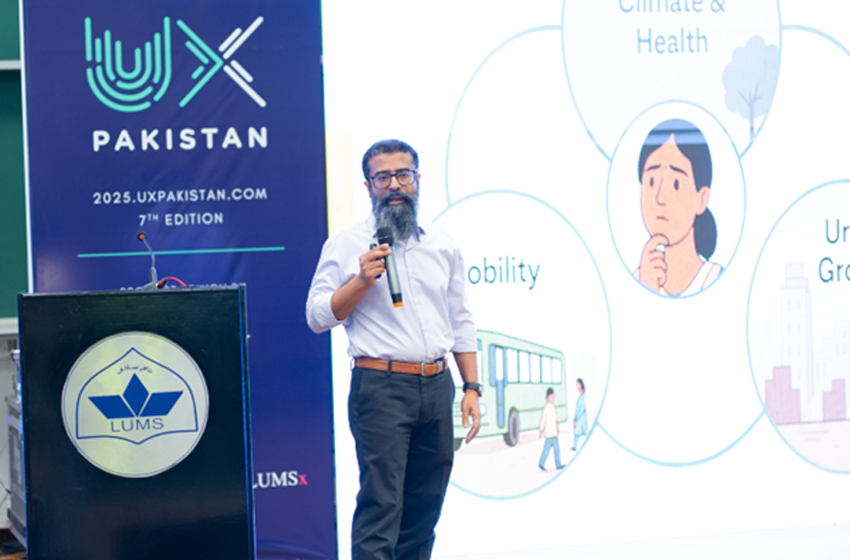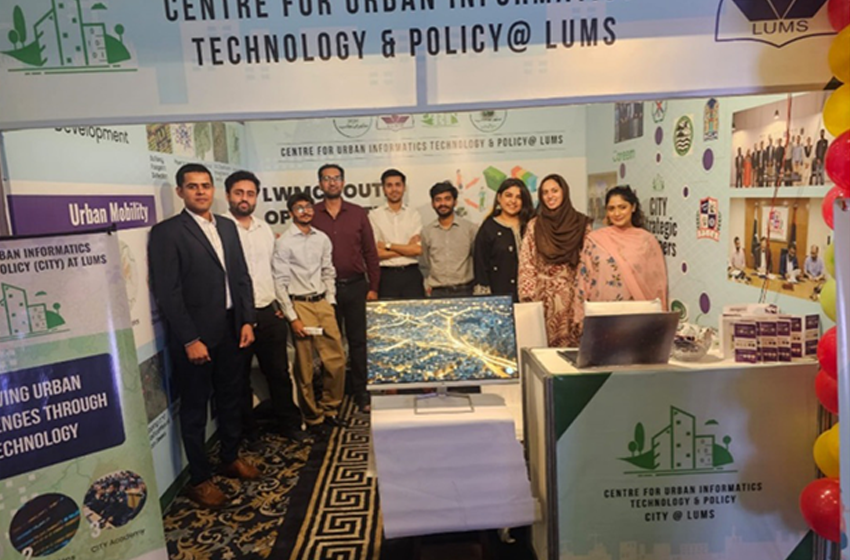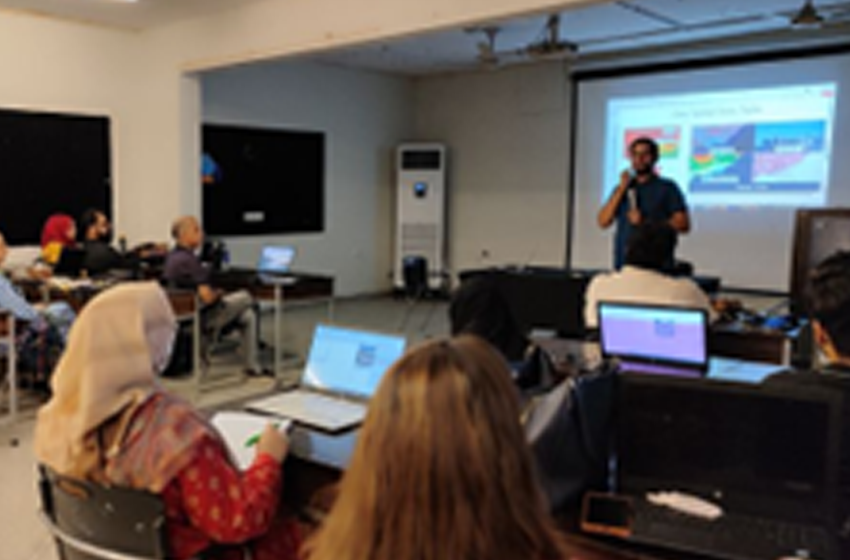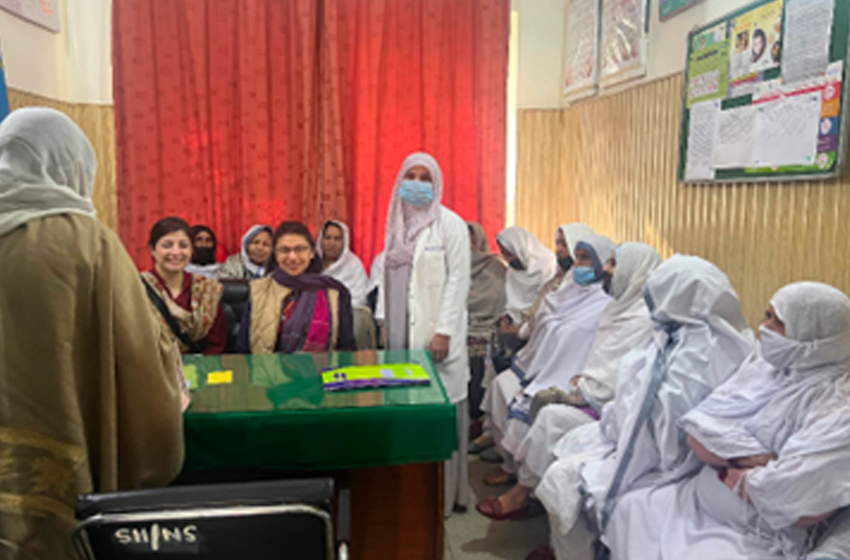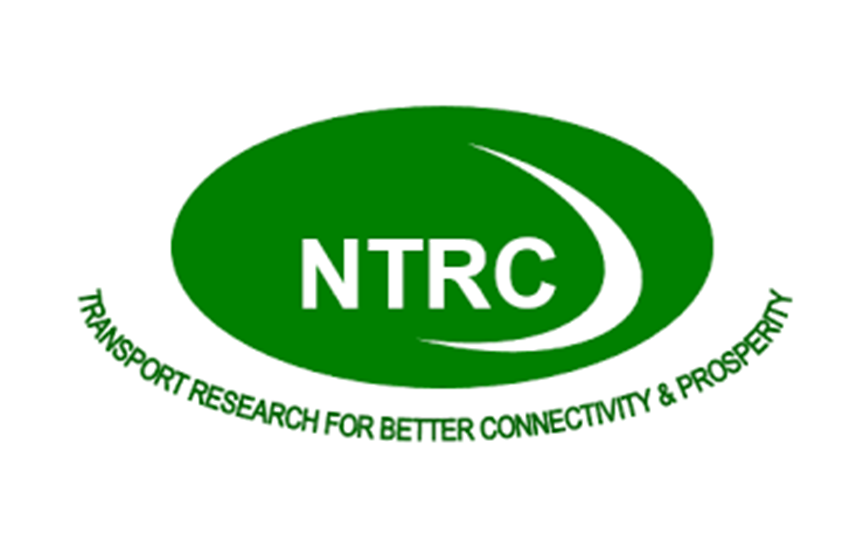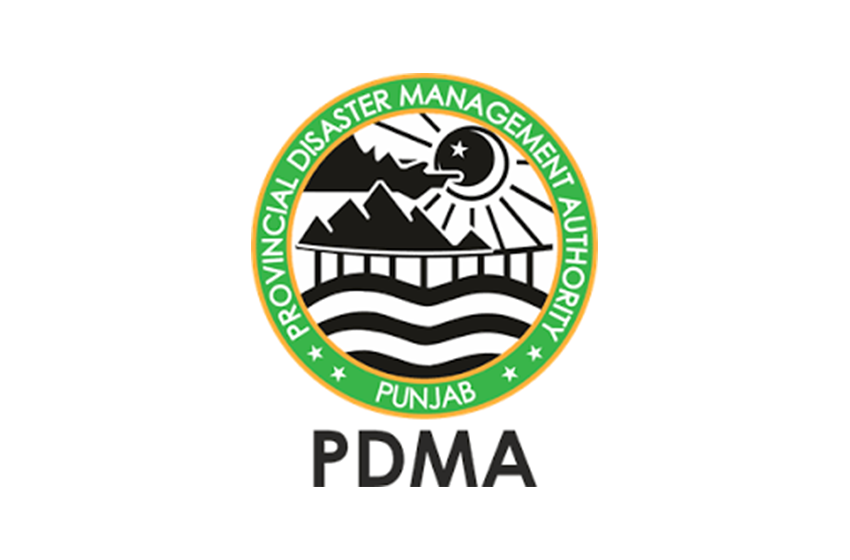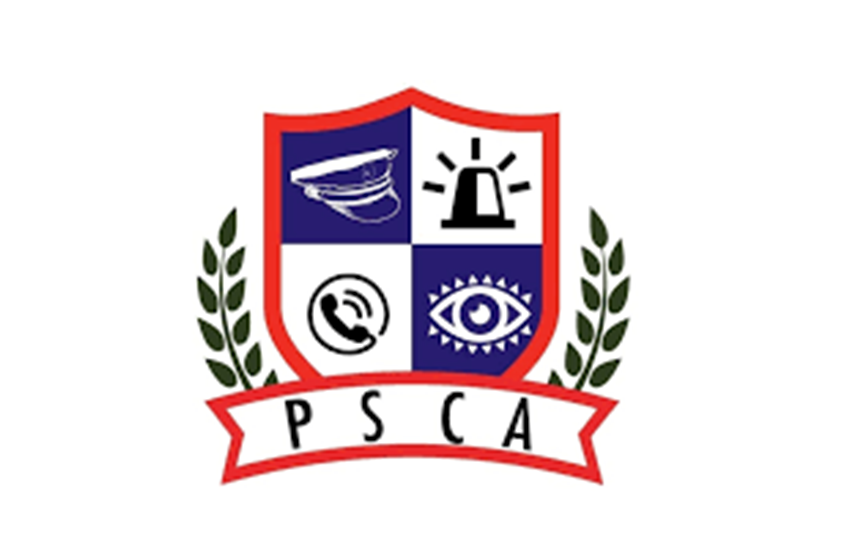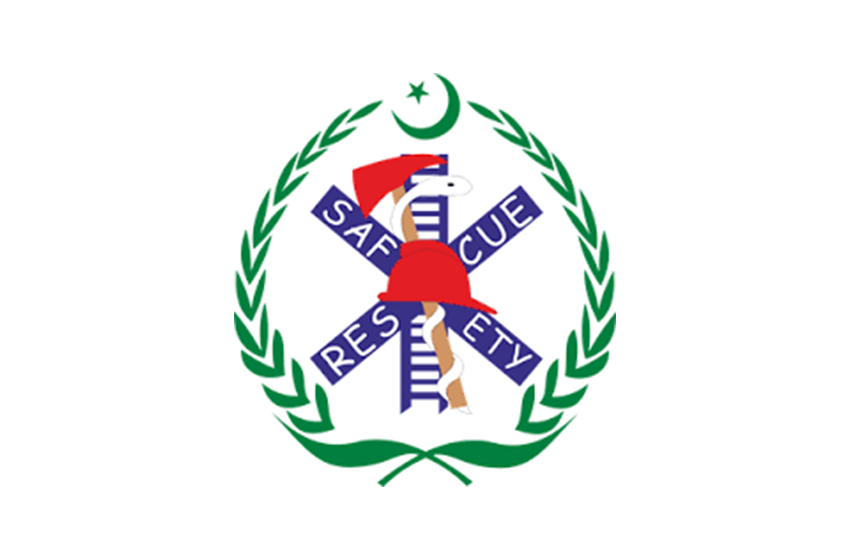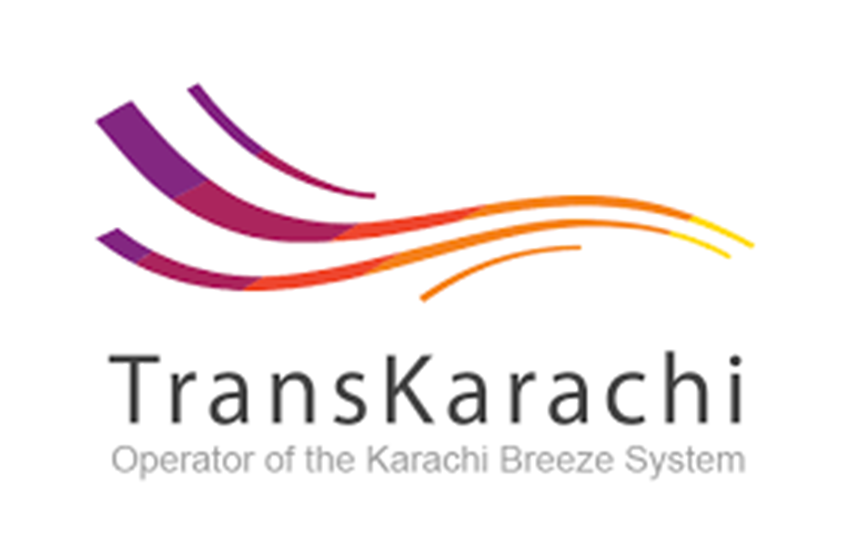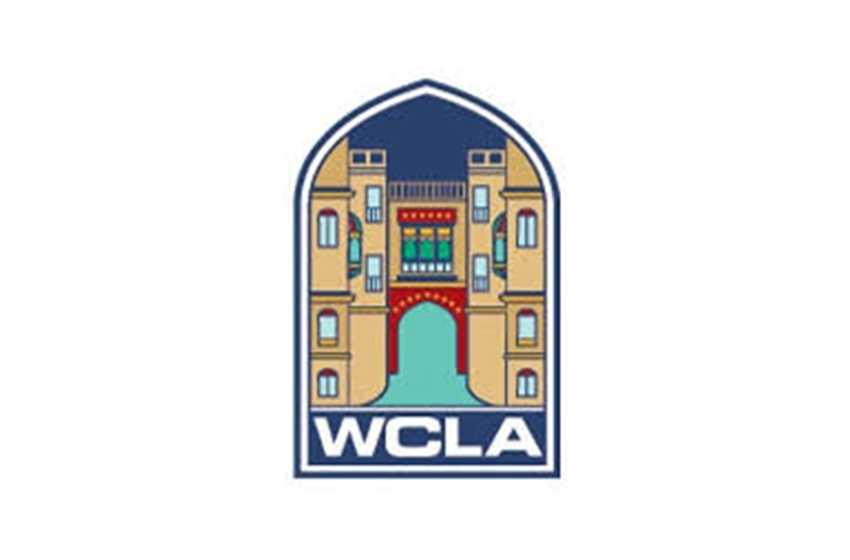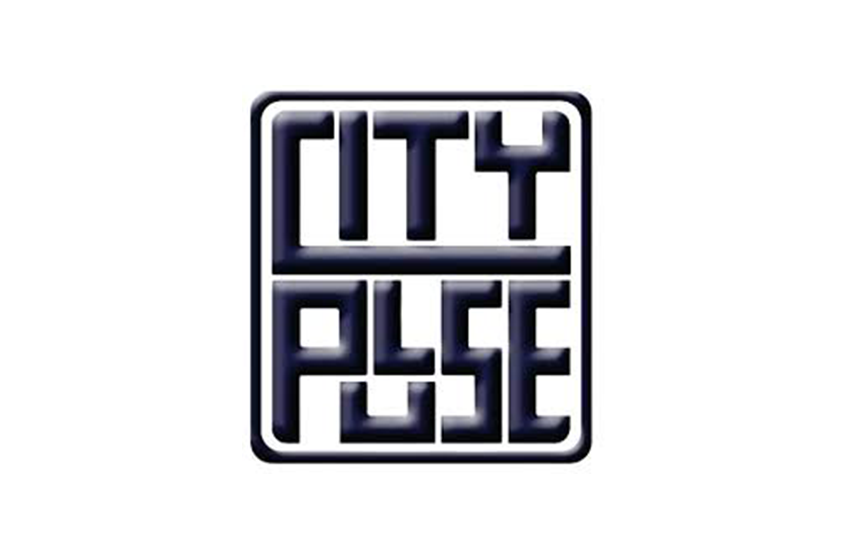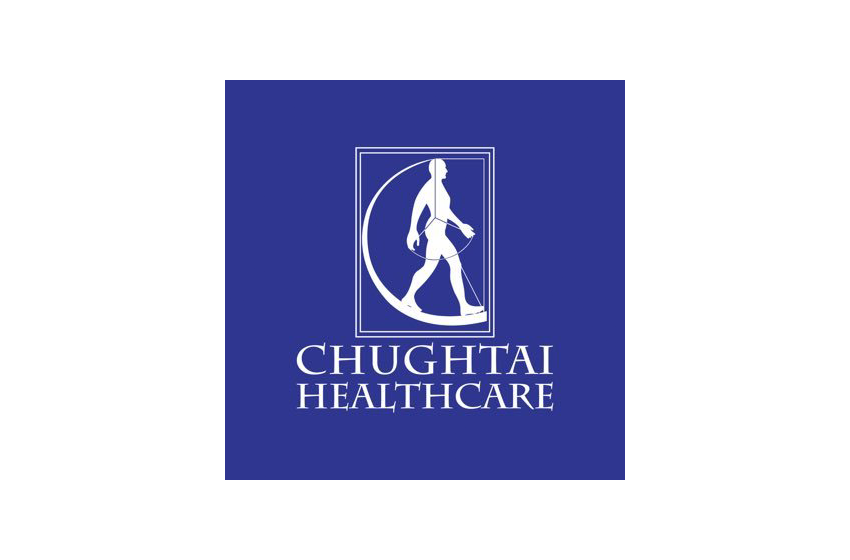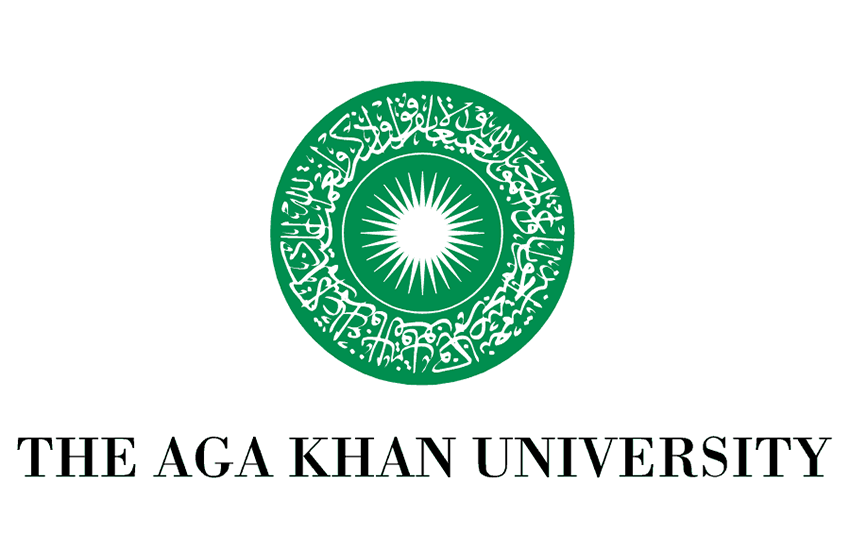The Centre for Urban Informatics, Technology, and Policy (CITY) at LUMS is a hub for urban innovation. Adopting a multidisciplinary approach, it integrates data-driven insights, technology, and strategic partnerships to support the development of climate-resilient cities. CITY’s mission is to drive urban prosperity and sustainable development through cutting-edge solutions.
High-Level Engagement
Strategic Achievements
Gordon Bell Prize in Climate Modelling
CITY proudly announces that its Co-Director, Dr. Zubair Khalid, Associate Professor of Electrical Engineering at the Syed Babar Ali School of Science and Engineering (SBASSE), has become the first Pakistani recipient of the prestigious Gordon Bell Prize in Climate Modelling. His team won the ACM Gordon Bell Prize for Climate Modelling for their project titled ‘Boosting Earth System Model Outputs and Saving PetaBytes in Their Storage Using Exascale Climate Emulators’. The project’s ExaScale Climate Emulator leverages AI and high-performance computing to predict extreme weather events such as floods, heatwaves, and hurricanes, with greater accuracy and higher spatial and temporal resolution.
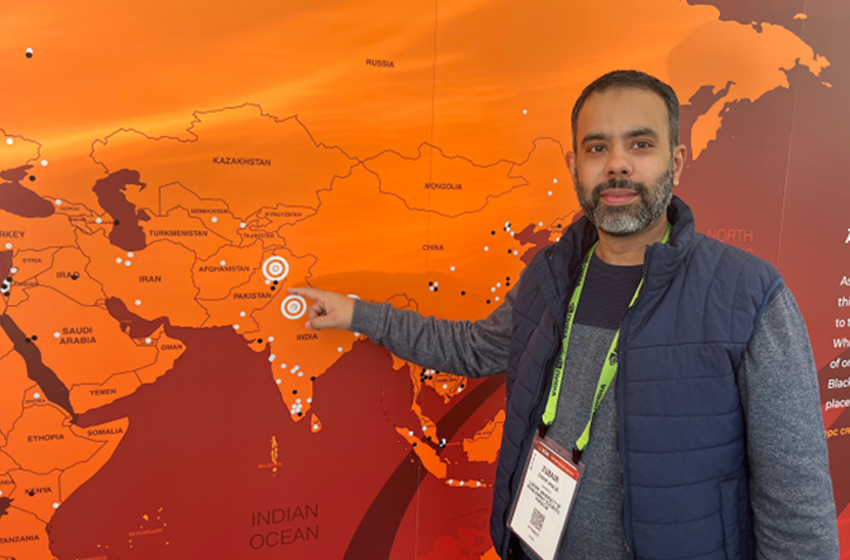
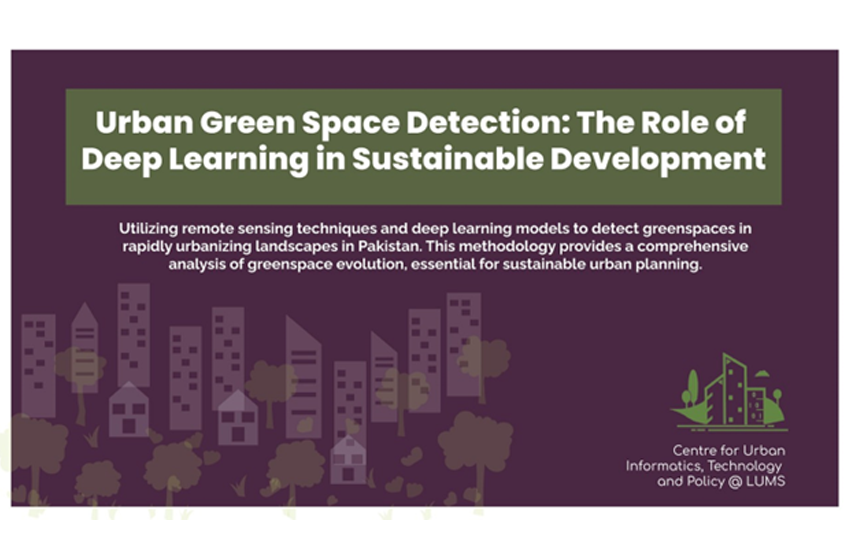
Detection of Green Spaces
CITY@LUMS recently launched a research initiative aimed at advancing the understanding and management of urban green spaces using cutting-edge methods and technology. Utilising remote sensing for data collection, followed by the segmentation of green areas using a fine-tuned deep learning model, CITY performed temporal and spatial analyses in Islamabad’s F7 sector. To evaluate the model’s geographic transferability, inference was also performed on images of urban centres in Karachi and Swat—two cities with markedly different urban infrastructures and landscapes.
Air Quality Mapping in Urban Areas
A new framework has been developed by CITY to map air quality more effectively. This combines data from limited ground sensors, satellite imagery, and environmental factors such as weather, road networks, and population density. Advanced graph-based models were employed to estimate air quality at locations without sensors. Demonstrated in Lahore using high-resolution datasets, the model includes features such as green spaces and point-of-interests (POIs) to improve accuracy. This approach enables cities to monitor air pollution more effectively and to take informed action to improve public health.
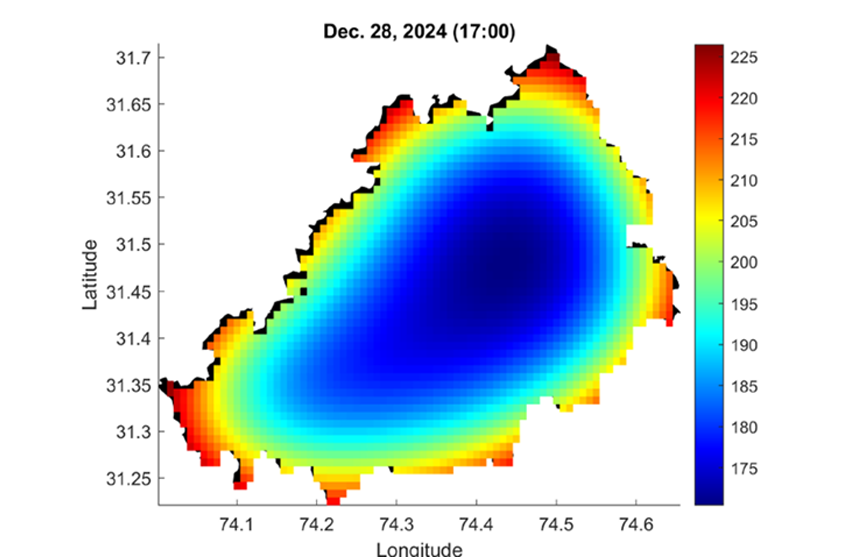
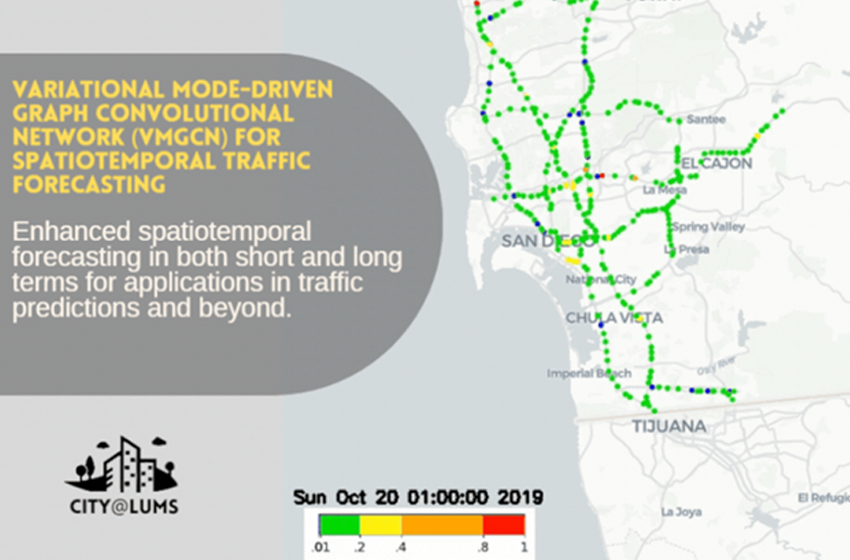
Intelligent Transport Systems
CITY@LUMS has developed algorithms for accurate forecasting of spatiotemporal data. In its proposed hybrid VMGCN framework, traffic data is decomposed into modes using Variational Mode Decomposition (VMD), which are then input into a Graph Neural Network to improve forecasting accuracy.
Benefits of this include:
- Avoiding congestion
- Improving traffic infrastructure
- Mitigating air pollution, and reducing fuel and time wastage
- Identifying accident hotspots
Winning the Khalid and Mussarat Aziz Research Grant
Dr. Zubair Khalid, Co-Director of CITY, was selected as a winner in the second cohort of the Khalid and Mussarrat Aziz Research Grant for Planet Earth 2025. His interdisciplinary project, ‘AI-Driven Urban Forestation for Sustainable and Resilient Cities in Pakistan’, integrates Earth data, machine learning, and ecological modelling to optimise urban green infrastructure in rapidly urbanising cities. By combining deep learning, remote sensing, and stakeholder engagement, the project aims to transform urban planning through data-driven decision-making, enhance ecological resilience, and improve public health outcomes across the Global South.
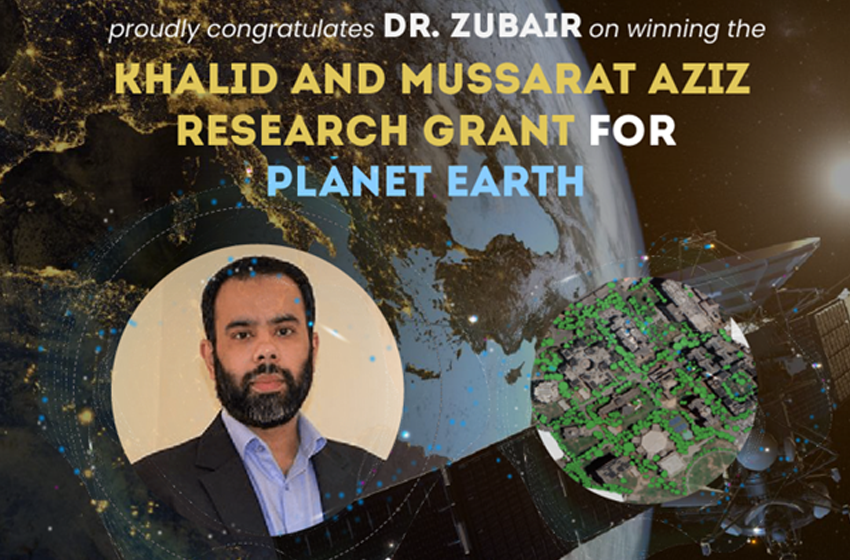
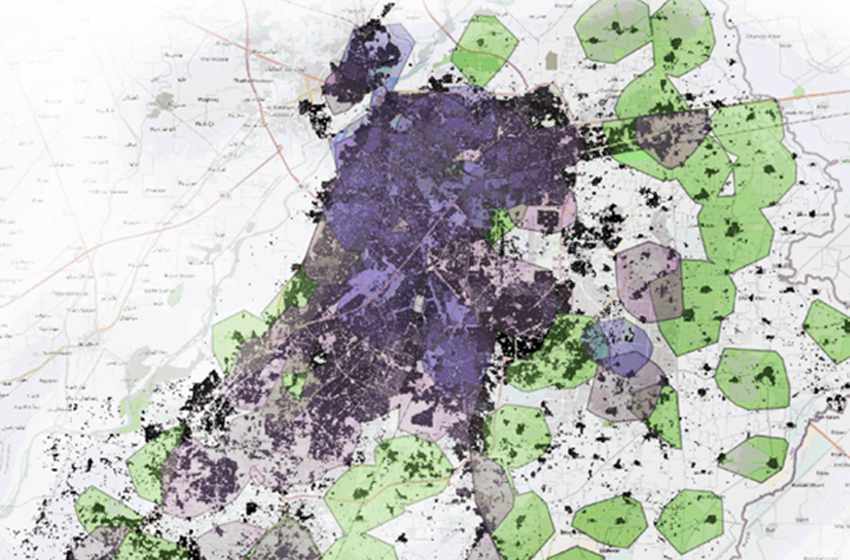
Mapping Healthcare Coverage in Lahore
CITY@LUMS undertook spatial analysis of healthcare facilities in Lahore. Building footprints were extracted from satellite imagery and integrated with census data to construct population density data at a fine resolution. Findings highlighted a significant imbalance between the distribution of public healthcare centres and population density, a key indicator of demand. These results can further inform targeted urban planning to address the uneven distribution of healthcare resources and promote equitable access.
Collaborative Impact
Partners
Some of CITY’s other partners include:
Major Workshops and Seminars
CITY champions sustainable urban development through workshops and events. In collaboration with domain experts, it equips stakeholders with data-driven tools to enhance road safety, improve waste management, foster climate resilience, and promote equitable urban transformation.
Key activities include:
- Collaborative series on Equitable Designs: Gender and the Built Environment-GIS Workshop
- Collaborative series on Equitable Designs: Gender and the Built Environment-Female Mobility
- UX Pakistan: Cities as an Interface
- Panel discussion: Climate Resilience in Infrastructure Planning
- IEEE Geoscience and Remote Sensing Society (GRSS), IEEE GRSS Lahore Chapter
